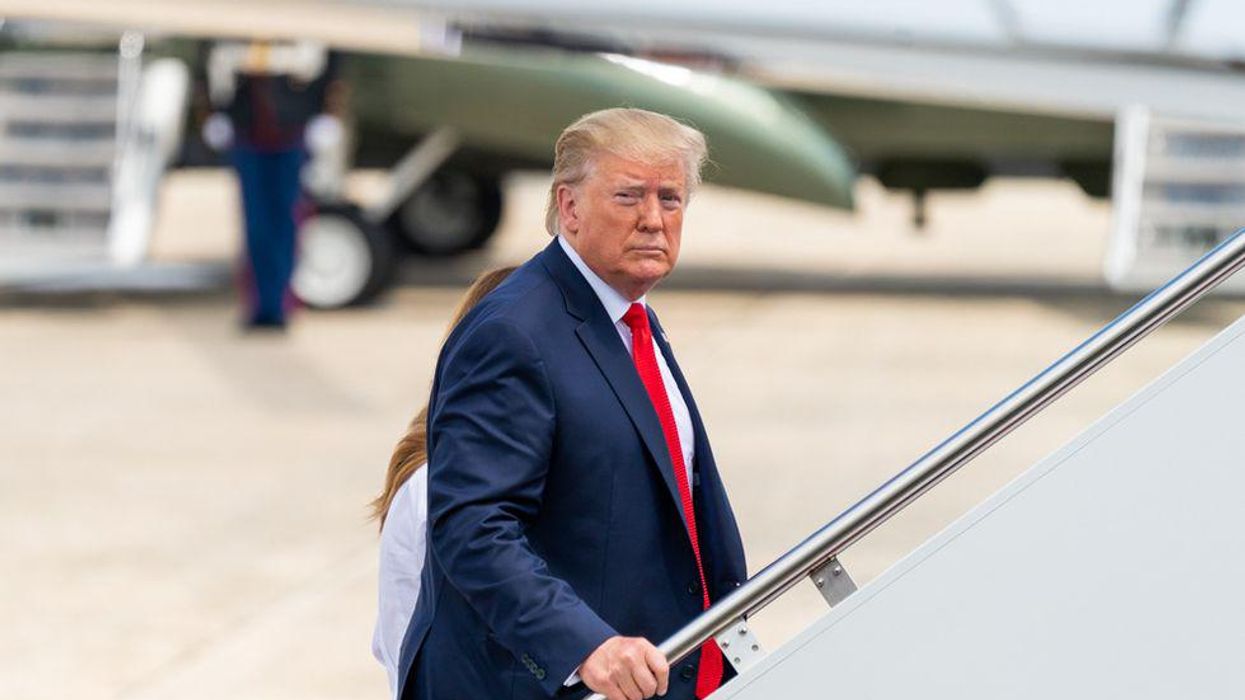If there was a composite lawsuit against Donald J. Trump for criminal and civil violations, the list of charges would be manifold.
Until this week, in a New York State Supreme Court based in Manhattan, Trump has evaded guilty verdicts for his alleged crimes and torts. He has eluded conviction by promulgating falsehoods, shifting the blame onto others, using settlements to compel silence by subordinates, and making threats to wear down any private plaintiff or government prosecutors with draining litigation, widely publicized by a ratings-obsessed media.
In the New York State Supreme Court case, tried by New York State Attorney General Letitia James, Judge Arthur F. Engoron found Trump, his adult sons, and several executives guilty of submitting false financial statements to obtain loans for their businesses. In all, the defendants were ordered to pay $450 million in judgments and interest.
Pulitzer Prize-winning New York Times reporter David Cay Johnston has written three books on Trump over 35 years of reporting. He documented Trump’s alleged failure to pay contractors for the construction of his hotels, alleged crimes at gambling casinos, and tax dodges, but prosecutors were not interested.
In one instance, Trump hired hundreds of undocumented Polish workers who were paid as little as $4 an hour to dismantle a major building in New York to make way for Trump’s hotel. These workers had to sue Trump to get all the pay they earned. Trump settled the case for $1.4 million.
Trump's business and political careers have been catered to by a press that rewarded him with headlines and invitations to appear on national talk shows. Such notoriety propelled Trump into his role on The Apprentice, an NBC show that heralded him as a confident manager with "impeccable business instincts," despite the fact that, according to one of its producers, it was heavily edited and staged.
In the 2016 Republican primary, Trump remarked, “I could stand in the middle of 5th Avenue and shoot somebody and I wouldn’t lose voters.” He stunned his Republican primary opponents by leaving them with widely publicized nicknames such as "Lying Ted" (Cruz) or "Little Marco" (Rubio) and "Low-Energy Jeb" (Bush).
Trump read the U.S. media like no one ever has. And although he received 2.9 million fewer votes than Hillary Clinton in 2016, he was elected President by the Electoral College.
As President, he sometimes acted as if he was above the law.
His former National Security Advisor, John Bolton — a longtime conservative Republican — alleged in his memoir that “obstruction of justice was a way of life" in the White House. The Mueller Report described ten possible obstructions of justice by Trump. These included allegedly blocking or obstructing law enforcement. His then Attorney General, William Barr, redacted and downplayed Mueller’s report.
The Trump White House flouted Congressional subpoenas, diverted $3.8 billion in congressional appropriations to aid Trump’s border wall and, on 13 occasions, had senior staff that intermingled campaign and official duties, in violation of the law, according to the Office of Special Counsel.
He stripped the authority of the Consumer Financial Protection Bureau to investigate lending discrimination cases and rolled back more than 100 EPA rules governing clean air, water, wildlife and toxic chemicals.
The Washington Post’s Glenn Kessler documented more than 30,000 lies and misleading claims personally asserted by Trump during his presidency.
Trump also declared in July 2019: “I have an Article II, where I have the right to do whatever I want as President.” (In fact, as the Washington Post notes, "Article II grants the president 'executive power.' It does not indicate the president has total power. Article II is the same part of the Constitution that describes some of Congress’s oversight responsibilities, including over the office of the presidency."
While the recent New York Supreme Court Justice Arthur F. Engoron's ruling addresses some of Trump's New York business dealings, most of Trump's alleged offenses have not yielded guilty outcomes. The Senate failed to convict him after being impeached in two separate House inquiries.
Currently, there are four criminal investigations underway, including Georgia and New York prosecutions. Trump might be found not guilty, and the cases could be thrown out, but lengthy trial dates and appeals could consume four years or more. By then, Trump could be back in the White House, possibly rendering his federal trials moot.


